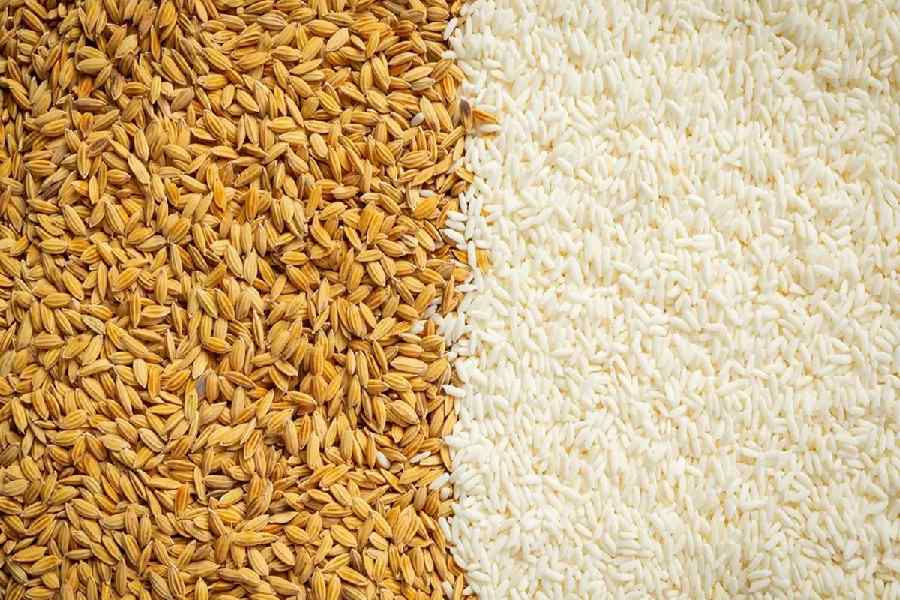A study has detected annual leakages of ₹69,000 crore in the Pradhan Mantri Garib Kalyan Anna Yojana — the Modi government’s free foodgrain scheme.
In volume terms, this amounts to 28 per cent of the 71 million tonnes (mt) of free rice and wheat distributed to 80 crore households between July 2022 and August 2023.
Gujarat, alongside Arunachal Pradesh and Nagaland, are the states with the highest leakage rates, a report by the Indian Council for Research on International Economic Relations said.
The economic cost of the leakage, calculated at ₹69,108 crore in 2022-23, poses a sigificant financial burden on the government, which has already spent ₹2.72 lakh crore on food subsidies during the fiscal year.
The high leakage in Arunachal Pradesh and Nagaland is attributed to inadequate digitalisation in the northeastern states. States such as Bihar and Bengal have sharply reduced leakages over the past decade. Bihar cut its leakage rate to 19.2 per cent in 2022-23 from 68.7 per cent in 2011-12.
Bengal reduced its rate to 9 per cent from 69.4 per cent over the same period.
Uttar Pradesh continues to report a 33 per cent leakage rate, the highest in terms of absolute quantity of grains lost.
The report recommends reforms to narrow the PDS’s scope, focusing on the most vulnerable 15 per cent of the population, while offering the next 42 per cent access to grains at half the minimum support price (MSP).
Additionally, transitioning to direct benefit transfers could reduce inefficiencies and minimise leakage.
Despite efforts such as Aadhaar-linked ration cards and system digitisation, leakages persist.
The study advocates a shift towards direct benefit transfers (DBTs) and food stamps.
DBTs, where subsidies are directly credited to beneficiaries’ bank accounts, could offer greater flexibility to recipients in meeting their nutritional needs while eliminating intermediaries and minimising leakages.
By allowing beneficiaries to purchase food grains of their choice, DBTs can address nutritional challenges.
However, transitioning to DBTs or food stamps is not without challenges.
Fair-price shop owners, whose livelihoods depend on the current in-kind distribution system, are likely to resist such changes.











